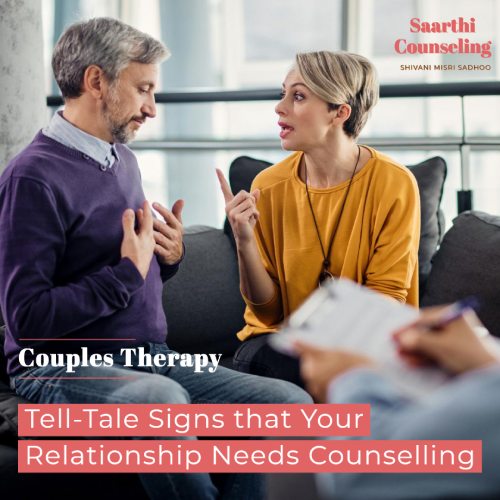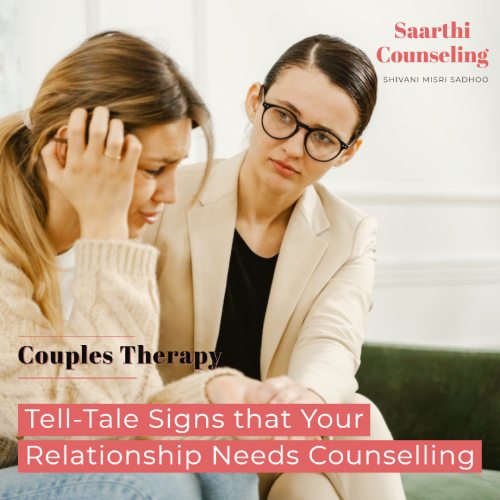The discovery of infidelity often triggers a profound emotional upheaval. Betrayal can elicit a range of intense feelings, including anger, sadness, confusion, and even self-doubt. The betrayed partner may find themselves grappling with a rollercoaster of emotions that challenge their sense of self-worth and the very fabric of the relationship. It’s during these tumultuous times that one must approach the path to healing with utmost care and a commitment to preserving self-respect.

What are the things you should never do after being cheated on?
Leading marriage counselor and relationship expert, Shivani Misri Sadhoo suggests the things you should never do after being cheated on:
Don’t Jump to Conclusions: Discovering infidelity is emotionally charged, and the immediate reaction might be anger, sadness, or a combination of both. However, resist the urge to make impulsive decisions or accusations. Take the time to gather your thoughts, assess the situation, and communicate openly with your partner.
Avoid Retaliatory Cheating: Seeking revenge by engaging in retaliatory infidelity may seem like a way to level the playing field, but it only perpetuates a cycle of hurt and destruction. Instead, focus on understanding the root causes of the infidelity and deciding whether the relationship can be rebuilt.
Don’t Bottle Up Your Emotions: Suppressing emotions can lead to long-term issues such as resentment and anxiety. Allow yourself to feel the pain, betrayal, and sadness. Seek support from friends, family, or a therapist who can provide a safe space for you to express your emotions.
Avoid Public Humiliation: Refrain from publicly shaming your partner on social media or within your social circle. While it’s natural to seek support, airing your grievances in a public forum can have long-lasting consequences and make the healing process more challenging.
Don’t Play the Blame Game: Although infidelity is a breach of trust, it’s essential to recognize that relationships are complex, and blaming one party entirely may oversimplify the situation. Engage in open communication to understand the factors that contributed to the infidelity without assigning sole responsibility.
Avoid Rushing into Decisions: The aftermath of infidelity is not the ideal time to make major life decisions, such as ending the relationship or filing for divorce. Give yourself the necessary time to process emotions and make decisions with a clear and rational mindset.
Don’t Ignore Self-Care: Neglecting self-care during this challenging time can lead to physical and mental health issues. Prioritize your well-being by maintaining a healthy lifestyle, seeking professional help if needed, and engaging in activities that bring you joy and relaxation.
Avoid Excessive Monitoring: While rebuilding trust is essential, constantly monitoring your partner’s every move can hinder the healing process. Striking a balance between transparency and autonomy is crucial for rebuilding trust in a relationship.
Don’t Rush into a New Relationship: Rebound relationships may offer temporary distraction but rarely provide a solid foundation for emotional healing. Take the time to focus on personal growth and healing before entering into a new relationship.
Avoid Making Permanent Decisions in a Temporary State: Infidelity creates a tumultuous emotional state, and making permanent decisions during such turmoil may lead to regrets later on. Give yourself the time and space needed to make decisions that align with your long-term goals and values.
The aftermath of infidelity is undoubtedly challenging, but navigating it with a level head, self-respect, and a commitment to personal growth can lead to healing and, in some cases, the rebuilding of trust in the relationship. Remember, everyone’s journey is unique, and seeking professional guidance can be a valuable resource in the process of recovery.















